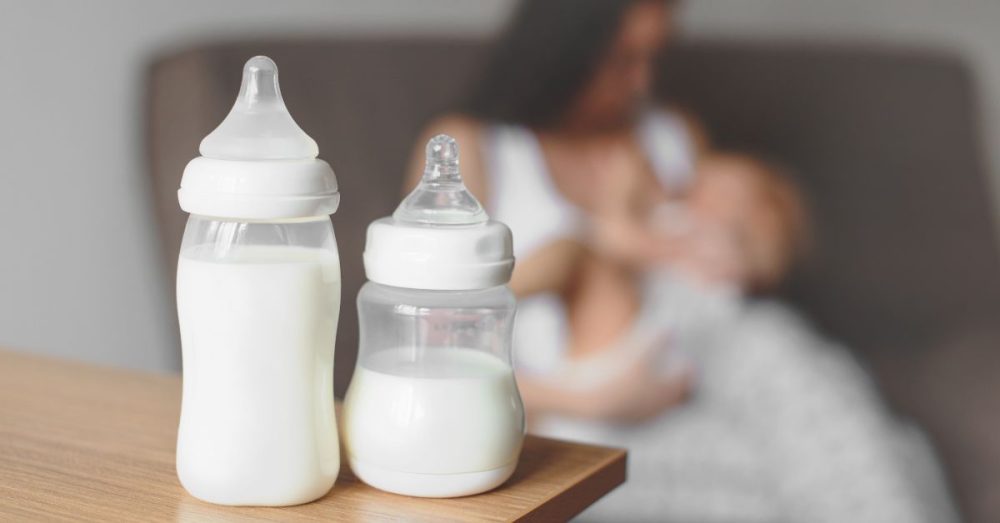Scientists are looking into how PFAS impacts particular molecules found in baby formula and breast milk.
You know PFAS, those lovely “forever chemicals” that shouldn’t be anywhere near a human, let alone a newborn. The prevalence of such carcinogenic manmade chemicals has prompted scrutiny over how long-term exposure can impact the body.
As previously reported by The Dallas Express, the presence of such particles in firemen’s gear has prompted a number of lawsuits against manufacturers.
However, PFAS isn’t the only thing consumers need to worry about nowadays. Recent reports indicate there’s lead in tampons and fiberglass in seafood.
It’s absurd that in an age when people can land robots on Mars, it’s impossible to prevent the things we put into our bodies from containing toxic contaminants. Cheers to modern living, where peace of mind is just another thing on the endangered species list.
Here’s some of what Newsweek reported on scientists’ efforts to research PFAS and baby formula:
Nanoplastics and “forever chemicals” have been shown to disrupt the structure and function of key molecules in human breast milk and infant formula, raising concerns about their impact on infant health and development.
Human-made compounds such as plastics and forever chemicals—known scientifically as per- and polyfluorinated alkyl substances, or PFAS—are becoming increasingly prevalent in our surrounding environment. They are both frequently found in every day products, such as food packing and baby bottles, and may leach into the foods and liquids contained inside.
Both chemicals have been associated with a range of health conditions. For PFAS, these include increased blood cholesterol and blood pressure, reduced immunity, reproductive issues and an increased risk of certain cancers.
Plastics, meanwhile, contain various chemicals that are known to disrupt our body’s natural release of hormones, potentially increasing our risk of reproductive disorders and certain cancers. They may also carry toxins such as heavy metals on their surface which, when present in the form of tiny nanoplastic particles, can penetrate into our vital organs.
Now, researchers from The University of Texas at El Paso have explored the impacts of these compounds on three key molecules found in breast milk and infant formula which are critical for human development. In all three cases, PFAS and nanoplastics were found to significantly compromise the structure and function of these important proteins.


